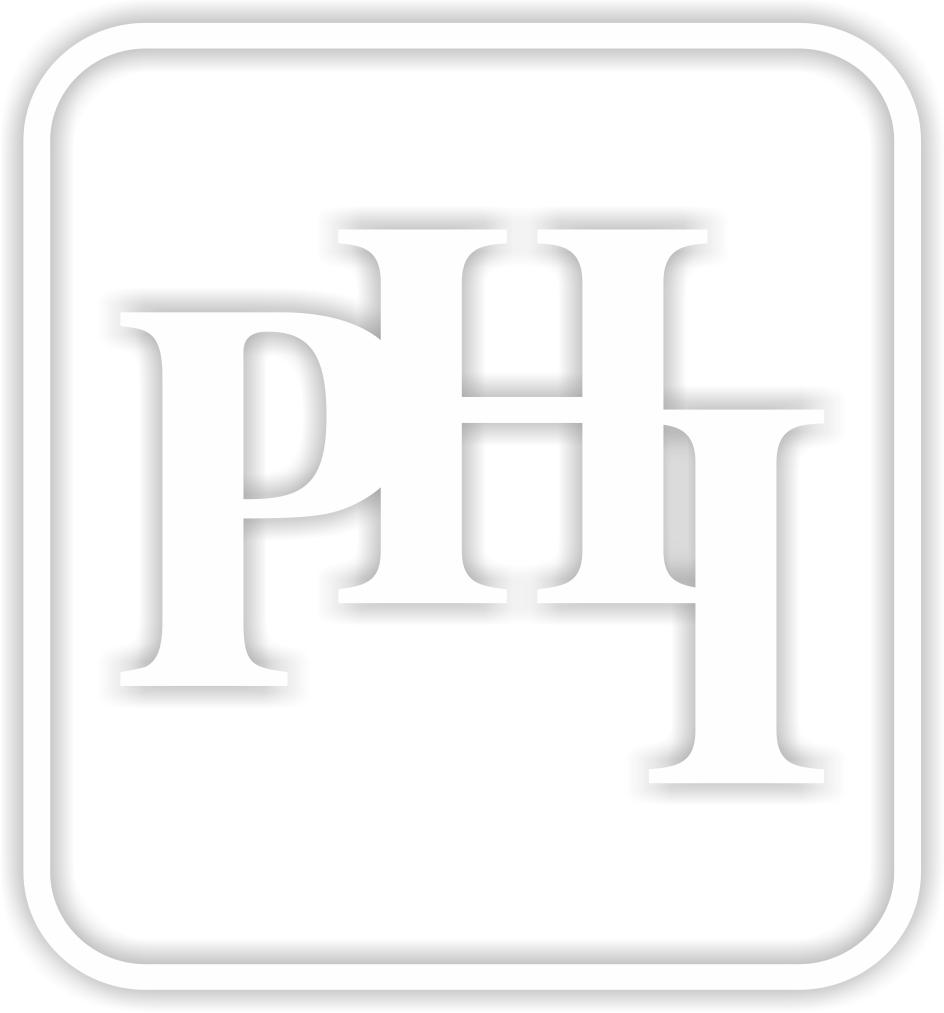In the rapidly evolving landscape of scholarly publishing companies need committed individuals with the right talent to help grasp the intricacies of the field.
At PHI Learning, our hiring process is designed to ensure we bring on board individuals who are not only skilled but also aligned with our mission and values. Our meticulous hiring process ensures that we help onboard individuals who are genuinely interested so as to create a mutually beneficial relationship between the company and the new hire.
We believe that our stringent process is helpful to everyone — the company and the new entrant, who, we know, must be looking for a suitable place to invest their efforts in too!
The Hiring Process at PHI Learning
Our recruitment process begins with advertising vacancies through social media, job search websites, and online newsletters. Once interested applicants send us their CVs, these are thoroughly reviewed and shortlisted. The process involves:
- An initial email interaction
- A telephone interview
- An in-person test for relevant roles
- A final in-person interview at our office
During the interview, candidates are introduced to our company, products, mission, and culture. They are asked about their commitment to our vision, their knowledge and experience related to the publishing industry, and their passion for the industry. These questions are asked across all touchpoints during the hiring process – via the phone during the initial telephonic interview, via email, and during the in-person interviews to ensure compatibility with the role.
At this stage, it is impractical to emphasize the candidate’s commitment to the role — both from the perspectives of the interviewer and the interviewee.
Many-a-times suitable candidates who appear quite energetic, knowledgeable, and carrying a fresh perspective, lose out when asked about the company and its products.
Remember, your interviewers are, after all, making the effort to conduct this interview because of how invested they are in the company and its success. If they didn’t care about the company as much as you care about the skills you have written about on your resume, they wouldn’t be here interviewing you!
So impress your interviewers by talking about what matters to them the most.
At this stage, it is helpful to provide information about the company’s products through your own prior research and link it to how the skills you have developed are relevant to the development of the company’s products.
At PHI Learning, we advise candidates to demonstrate a genuine interest in the company as this shows their commitment and understanding of the role.
Leveraging Recruitment Analytics
Interested in learning more about recruitment strategies to ensure your company has hired the right talent to meet its aims and objectives?
PHI Learning’s title HR Analytics: The Future of HR offers a comprehensive overview of HR analytics, vital for HR professionals aiming to enhance their strategic capabilities. It covers key aspects such as recruitment, performance management, employee engagement, and DEI analytics, along with ethical considerations and practical tools like employee attitude surveys and KPI dashboards. The book provides valuable insights into predictive analytics, machine learning, and statistical modeling, addressing both ethical and legal aspects of HR analytics. It highlights emerging trends such as Agile HR Analytics and emphasizes the need to stay updated.
The above example outlines just one out of many criteria – commitment to the company values – which may be important to recruiters. This book equips HR professionals with essential tools and knowledge to effectively utilize HR analytics so that they can hire appropriately aligned individuals.


Leave a Reply